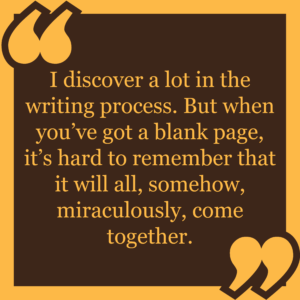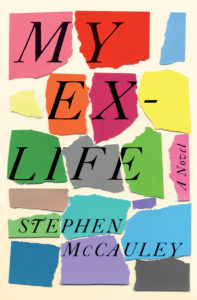 In our ongoing feature Between the Sheets, TrunkSpace picks the imaginative brains of authors to break down what it takes to create the various worlds and characters they breathe life into via the tools of their trade… sheets of paper. While technology continues to advance and change the pop culture landscape, the written word has remained one of the most consistent and imaginative art forms.
In our ongoing feature Between the Sheets, TrunkSpace picks the imaginative brains of authors to break down what it takes to create the various worlds and characters they breathe life into via the tools of their trade… sheets of paper. While technology continues to advance and change the pop culture landscape, the written word has remained one of the most consistent and imaginative art forms.
This time out we’re chatting with author Stephen McCauley about his new novel “My Ex-Life,” mitigating sadness, and how immersed himself into his work while still feeling a part of the world.
TrunkSpace: Your latest book, “My Ex-Life,” was recently released. What emotions do you juggle as you gear up to share your work on a large scale? Is it difficult putting so much of yourself into something and then releasing it into the world?
McCauley: In a funny way, it feels like the publication of the book is the end of something. My work on it is officially done, and now the book will resonate with readers or not. In the past, I’ve spent a lot of time anticipating the way my novel would be received. But since it’s something you can’t control, it’s pointless. This time, I’m trying to immerse myself in my next novel as I’m promoting this one.
TrunkSpace: There is a great marriage of drama and humor in your writing. Is that something that you actively set out to accomplish – find an equal amount of light within the darkness to help balance it all out? Can it be difficult to find that balance/tone?
McCauley: I suppose finding the humor and the comedy in potentially unhappy situations is my fallback position in life. I’d like to think I’m writing about serious subjects – relationships, loss, adolescence, divorce – in a way that allows the humor to underscore the sadness and mitigate it somehow. I think humor often works best when it’s on the edge of tragedy.
TrunkSpace: The book touches on second chances and reinvention of self. Is that a theme that you identify with? Have you been on your own personal journeys in life only to step out the other side a changed person?
McCauley: I truly believe people can change. Perhaps – in most cases – within a limited framework, but enough to make one’s life and relationships different. By which I mean better. In my case, it took about four hundred years of therapy to have the changes sink in, and in the end, it might just be aging into greater calm and self-acceptance, but I feel as if that’s always the journey – toward knowing who you are and making peace with it.
TrunkSpace: You describe yourself as a “pretty slow and self-conscious” writer. Have you grown more confident in yourself and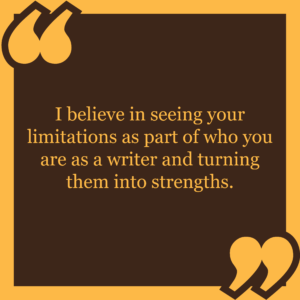 your creative abilities as you’ve traveled deeper into your career? For example, were you more self-assured in the process of writing “My Ex-Life?”
your creative abilities as you’ve traveled deeper into your career? For example, were you more self-assured in the process of writing “My Ex-Life?”
McCauley: I’m not sure I’m more self-assured, but I’m definitely less self-conscious and self-critical. You get to a certain age and all those things that mattered so much (“What do people think of me?” “Does this sentence make me sound stupid?” “Should I not be wearing horizontal stripes?”) suddenly don’t matter at all. You realize people are mostly concerned with themselves anyway. I believe in seeing your limitations as part of who you are as a writer and turning them into strengths.
TrunkSpace: As you look back at the work, what are you most proud of when it comes to “My Ex-Life?”
McCauley: A lot of people have told me they love the characters and hated to part ways with them at the end of the book. That’s what I’ve always set out to do as a writer – to create an intimacy between the characters and the reader. That seems to be especially true in this novel, and it makes me happy to hear people feel they know the characters and liked spending time with them.
TrunkSpace: You’ve also spent a large portion of your adulthood teaching future generations of writers? What is the biggest lesson you try to instill in students based on your own professional experience as a writer?
McCauley: Be yourself. There are only so many stories in the world, but if you stick to your authentic point of view, it will be original. That and “send thank you notes” and “never talk about your sex life.”
TrunkSpace: How long did it take for you to discover your voice as a writer?
McCauley: I spent a long time stumbling through short stories about characters whose lives were nothing like my own. They were written in what I thought of as a mandatory “literary” voice. Then I found myself missing a friend of mine and wrote a little vignette about her. It was the first thing I’d written that felt genuine, and I could feel it in my body. It was very much like the feeling you get when you’ve been singing in the wrong key for your voice and you suddenly find the one that’s right for you. Everything starts to make sense.
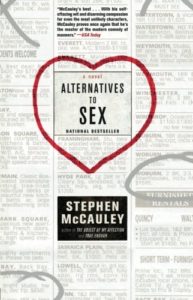 TrunkSpace: Regarding the process, is writing a labor of love for you or does it feel more like labor? Do you enjoy the process?
TrunkSpace: Regarding the process, is writing a labor of love for you or does it feel more like labor? Do you enjoy the process?
McCauley: It depends on the day. When I’m immersed in a project, and the writing is going well, it’s enormous fun. When I was writing this book, I loved opening up my notebooks and retreating into the world of these characters. It was transporting.
TrunkSpace: And what does that process look like? What are the ideal conditions for putting in a good day of writing?
McCauley: I had three weeks of ideal writing last spring. I’d rented a tiny cottage in Provincetown, MA, a town I love. I had none of the distractions of my daily life around me. I got up early every day and did some exercise, then walked to the library right as it was opening. En route, I got a double espresso at my favorite coffee shop. I went to the same desk on the third floor of the library, one that has an amazing view of the harbor. There’s a scale model of a boat inside the library, so tourists come in and out all day, gawking and taking pictures. This provided a nice buzz of activity around me that I had to block out but that made me feel like I was part of the world. I knew exactly what I was supposed to work on every day. In the evening, I’d go for a bike ride through the National Seashore trails through the dunes, make a monkish dinner, and read a novel that was nothing like mine. That was all heaven for me.
TrunkSpace: Do you self-edit as you write?
McCauley: I write my first drafts longhand in expensive German and Japanese notebooks. When I’m writing in notebooks, I just let it flow, mostly because I hate how messy it looks when things are crossed out on that beautiful paper. I start editing as I put it into the computer. The majority of the editing process takes place in my home office. In fact I have recently updated my office with some new furniture. I was just getting so distracted by all the clutter and paperwork in there that I decided that it was about time that I invested in some filing cabinets from office monster to make my home office look a little tidier. It made a big difference as I was able to concentrate so much more easily. That being said, once I am happy with my first draft it all gets worked and reworked dozens of times.
TrunkSpace: Where are you the hardest on yourself as a writer?
McCauley: I wish I were more adept at describing place.
TrunkSpace: What are you working on now and what will people be able to read next?
McCauley: I’m working on three things at once. My fear is that one plus one plus one equals zero. Now that I’ve stopped teaching for the summer, I’m giving myself six weeks to choose one project and commit to it. I have a deadline for my next novel but I’m afraid to learn what it is. I’ll keep you posted!
“My Ex-Life” is available now from Flatiron Books.


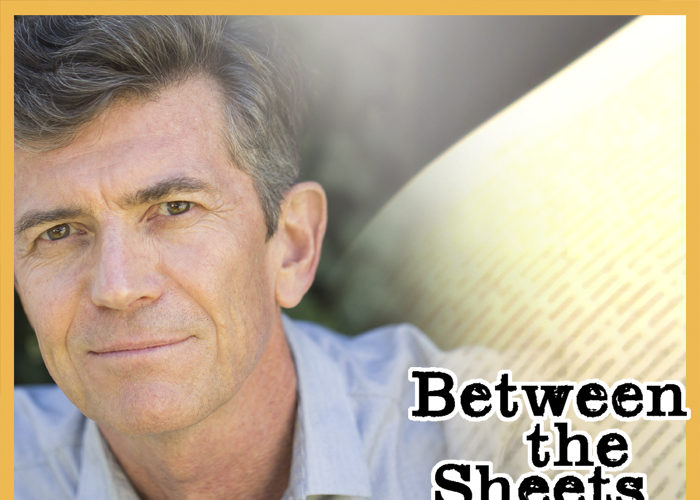
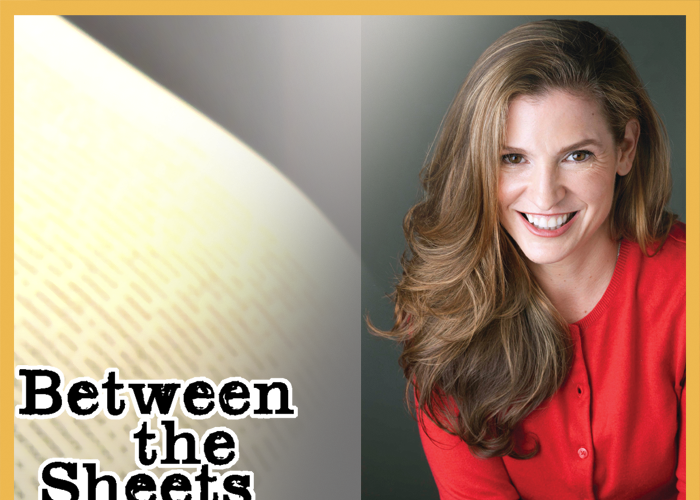
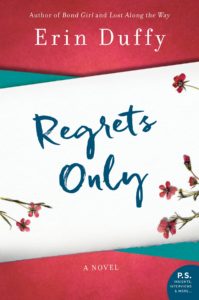 In our ongoing feature Between the Sheets, TrunkSpace picks the imaginative brains of authors to break down what it takes to create the various worlds and characters they breathe life into via the tools of their trade… sheets of paper. While technology continues to advance and change the pop culture landscape, the written word has remained one of the most consistent and imaginative art forms.
In our ongoing feature Between the Sheets, TrunkSpace picks the imaginative brains of authors to break down what it takes to create the various worlds and characters they breathe life into via the tools of their trade… sheets of paper. While technology continues to advance and change the pop culture landscape, the written word has remained one of the most consistent and imaginative art forms.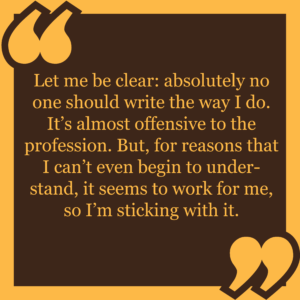
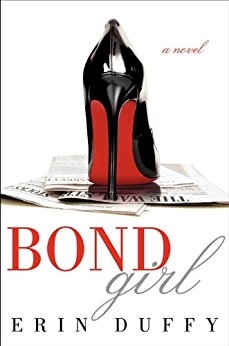 TrunkSpace: Do you self-edit as you write?
TrunkSpace: Do you self-edit as you write?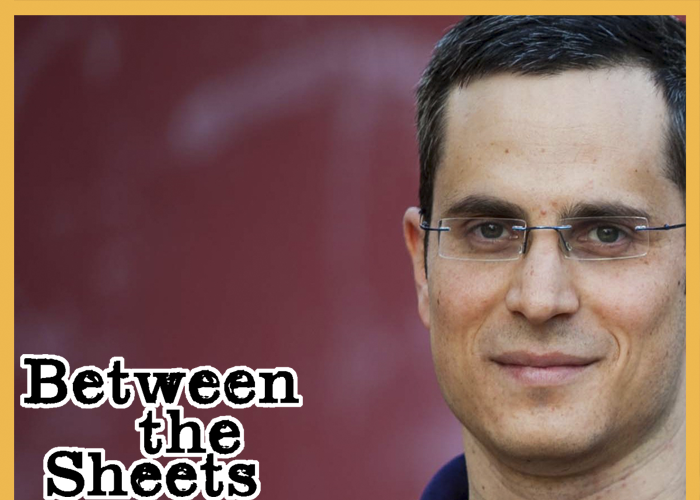
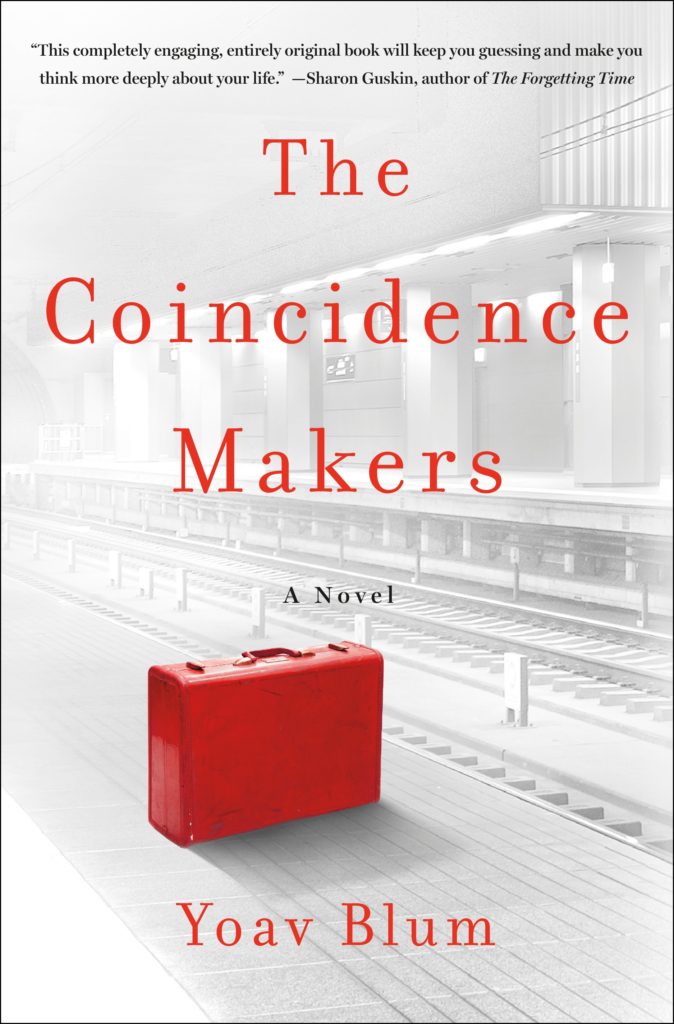 In our ongoing feature Between the Sheets, TrunkSpace picks the imaginative brains of authors to break down what it takes to create the various worlds and characters they breathe life into via the tools of their trade… sheets of paper. While technology continues to advance and change the pop culture landscape, the written word has remained one of the most consistent and imaginative art forms.
In our ongoing feature Between the Sheets, TrunkSpace picks the imaginative brains of authors to break down what it takes to create the various worlds and characters they breathe life into via the tools of their trade… sheets of paper. While technology continues to advance and change the pop culture landscape, the written word has remained one of the most consistent and imaginative art forms.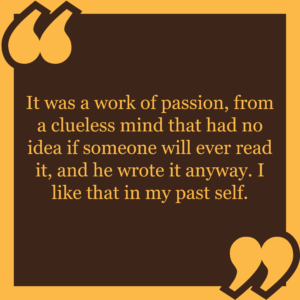
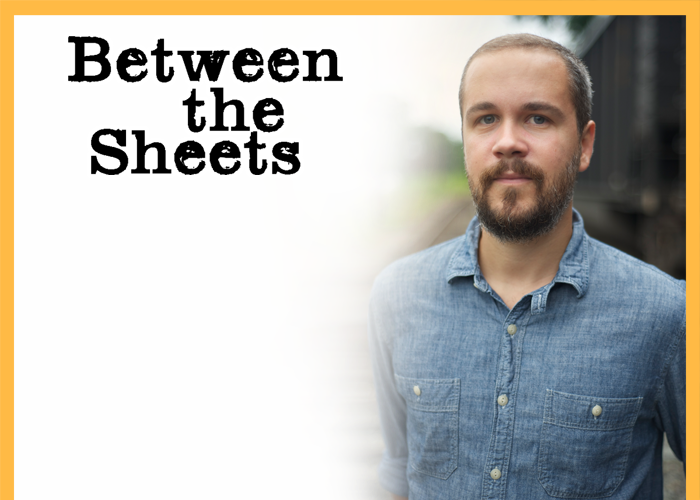
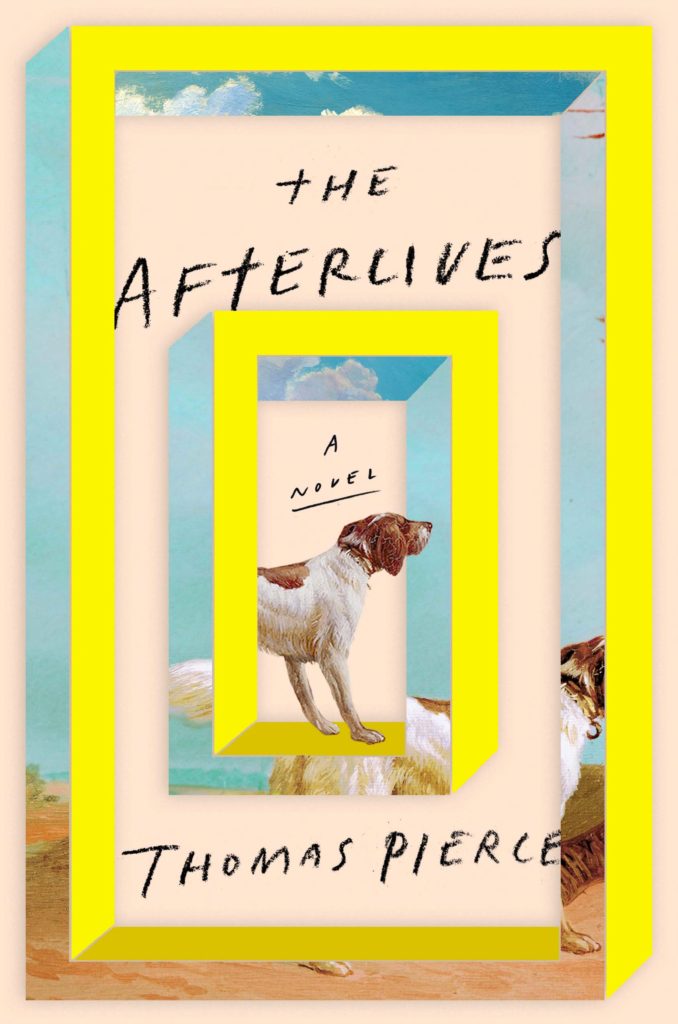 In our ongoing feature, Between the Sheets, TrunkSpace picks the imaginative brains of authors to break down what it takes to create the various worlds and characters they breathe life into via the tools of their trade… sheets of paper. While technology continues to advance and change the pop culture landscape, the written word has remained one of the most consistent and imaginative art forms.
In our ongoing feature, Between the Sheets, TrunkSpace picks the imaginative brains of authors to break down what it takes to create the various worlds and characters they breathe life into via the tools of their trade… sheets of paper. While technology continues to advance and change the pop culture landscape, the written word has remained one of the most consistent and imaginative art forms.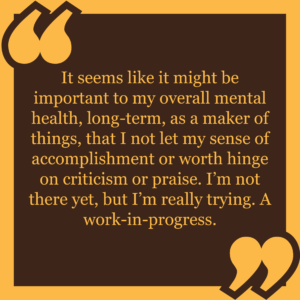
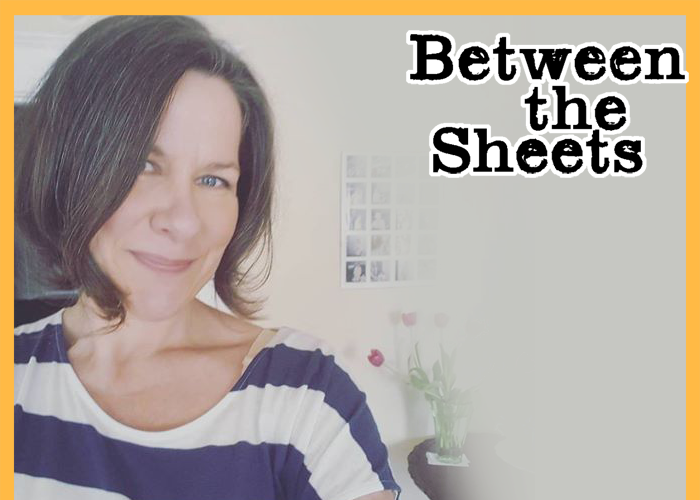
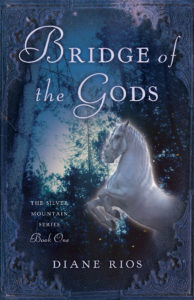 In our new feature, Between the Sheets, TrunkSpace picks the imaginative brains of authors to break down what it takes to create the various worlds and characters they breathe life into via the tools of their trade… sheets of paper. While technology continues to advance and change the pop culture landscape, the written word has remained one of the most consistent and imaginative art forms.
In our new feature, Between the Sheets, TrunkSpace picks the imaginative brains of authors to break down what it takes to create the various worlds and characters they breathe life into via the tools of their trade… sheets of paper. While technology continues to advance and change the pop culture landscape, the written word has remained one of the most consistent and imaginative art forms.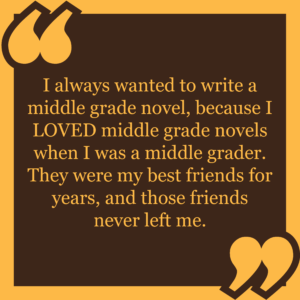 able to see firsthand what connected with consumers and what didn’t?
able to see firsthand what connected with consumers and what didn’t?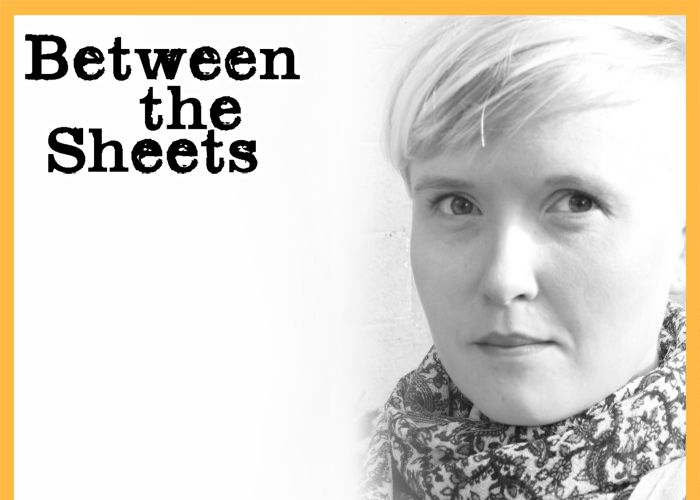
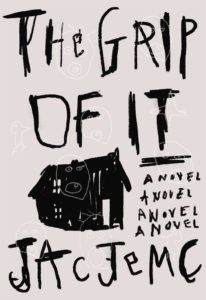 In our new feature, Between the Sheets, TrunkSpace picks the imaginative brains of authors to break down what it takes to create the various worlds and characters they breathe life into via the tools of their trade… sheets of paper. While technology continues to advance and change the pop culture landscape, the written word has remained one of the most consistent and imaginative art forms.
In our new feature, Between the Sheets, TrunkSpace picks the imaginative brains of authors to break down what it takes to create the various worlds and characters they breathe life into via the tools of their trade… sheets of paper. While technology continues to advance and change the pop culture landscape, the written word has remained one of the most consistent and imaginative art forms.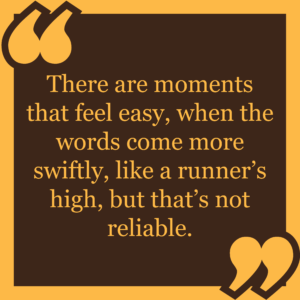
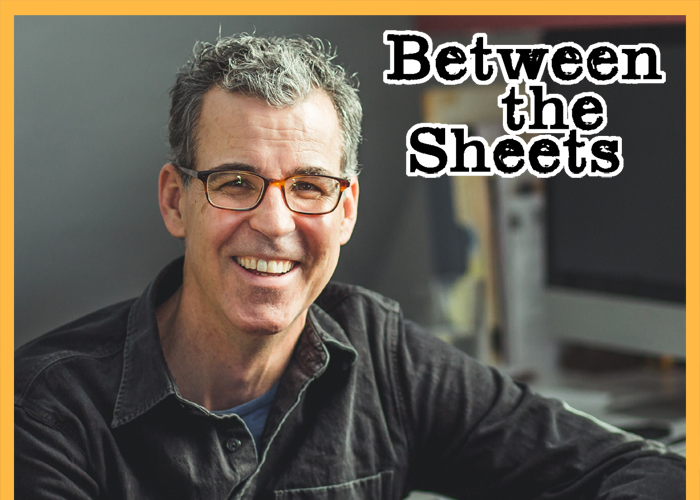
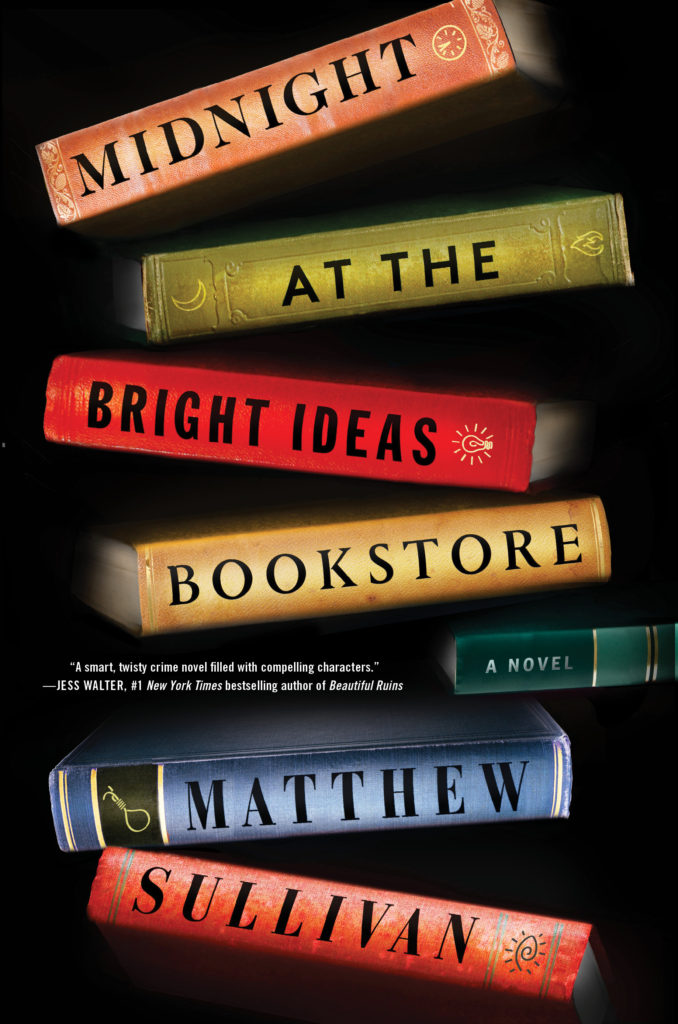 In our new feature, Between the Sheets, TrunkSpace picks the imaginative brains of authors to break down what it takes to create the various worlds and characters they breathe life into via the tools of their trade… sheets of paper. While technology continues to advance and change the pop culture landscape, the written word has remained one of the most consistent and imaginative art forms.
In our new feature, Between the Sheets, TrunkSpace picks the imaginative brains of authors to break down what it takes to create the various worlds and characters they breathe life into via the tools of their trade… sheets of paper. While technology continues to advance and change the pop culture landscape, the written word has remained one of the most consistent and imaginative art forms.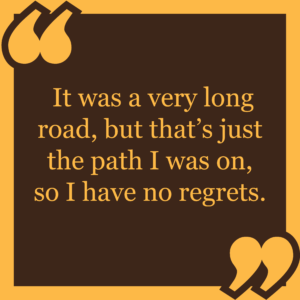 out. And my friends and family and early readers have been really supportive of the whole thing, which also helps.
out. And my friends and family and early readers have been really supportive of the whole thing, which also helps.
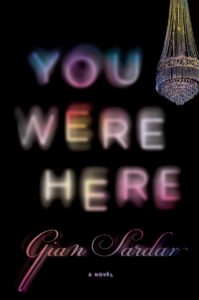 In our new feature, Between the Sheets, TrunkSpace picks the imaginative brains of authors to break down what it takes to create the various worlds and characters they breathe life into via the tools of their trade… sheets of paper. While technology continues to advance and change the pop culture landscape, the written word has remained one of the most consistent and imaginative art forms.
In our new feature, Between the Sheets, TrunkSpace picks the imaginative brains of authors to break down what it takes to create the various worlds and characters they breathe life into via the tools of their trade… sheets of paper. While technology continues to advance and change the pop culture landscape, the written word has remained one of the most consistent and imaginative art forms.